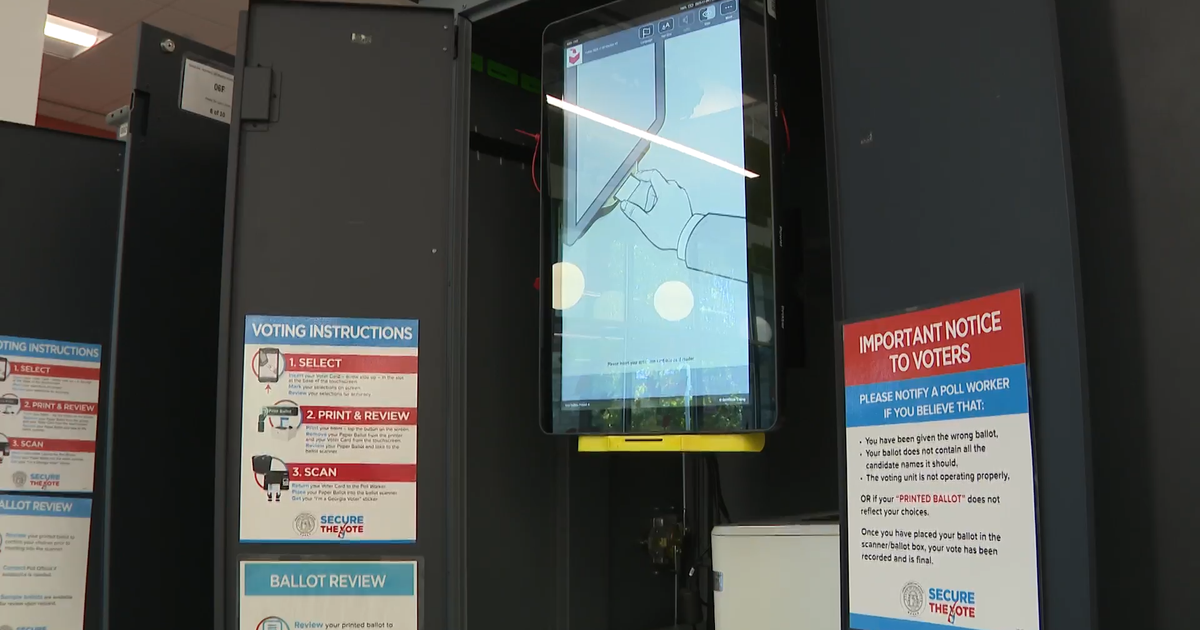72 Black executives sign letter urging corporate America to stand against voter suppression
A group of 72 Black current and former business executives is taking a stand against a controversial new voting rights law in Georgia.
As Republicans in dozens of states are seeking new limits on how people vote, the New York Times is running a full-page advertisement Wednesday signed by the business leaders, headlined "Memo to Corporate America: The Fierce Urgency is Now."
It calls for corporations to "publicly oppose any discriminatory legislation and all measures designed to limit Americans' ability to vote."
"What we're saying to companies is all of the words are nice, but we need you to take action," former American Express Chairman and CEO Ken Chenault said on "CBS This Morning" Wednesday, appearing alongside former Xerox CEO Ursula Burns.
Chenault and Burns are two of the 72 Black leaders who signed the letter.
For 10 days, they and other executives exchanged "heavy email traffic and text traffic" over Georgia's recently passed voting law.
What they ultimately decided, Chenault said, "was that we needed to do something that had never been done before, which is African American executives in corporate America standing up collectively for a social issue."
Critics have accused Georgia's Republican governor and GOP-led legislature of passing the legislation in order to suppress the vote of Americans living in low-income and majority non-White communities.
"This is a right that every American has, plain and simple," Burns said. "What we're seeing is states starting with Georgia, but others as well, pushing back in a kind of blatant way. It's surprising just how obvious this is."
Although the new law is already being challenged by civil rights groups in court, similar legislation has been proposed by Republicans in 43 states.
"The reality is corporations have been silent on this issue. And that is why we've said action has to be taken," Chenault said.
However, the executives' letter does not call for an outright boycott of Georgia. Burns hopes the urgency of present-day voting rights and racial equality movements will compel businesses to act.
"I would say, not agreed broadly, that if this continues, if we do not see progress, we'll have to convene again and think about the next steps," she said.
She added that companies' motivation to act should come from the people that make them run.
"We think now that corporate America, Black Americans for sure, but anyone who has values in their corporation that talk about diversity, equity and inclusion, any company that has a values statement about valuing their employees has to stand with our statement," Burns said. "Because their employees — Black, White, Hispanic, women — literally are going to be affected by this type of suppression."



